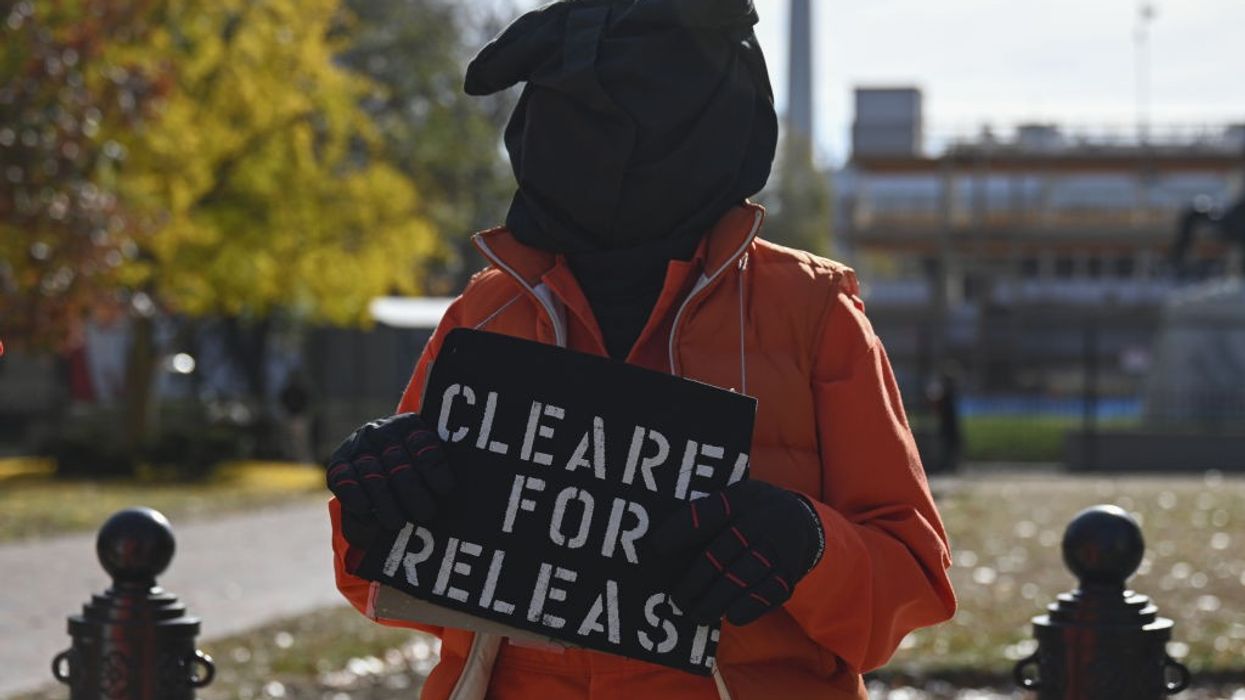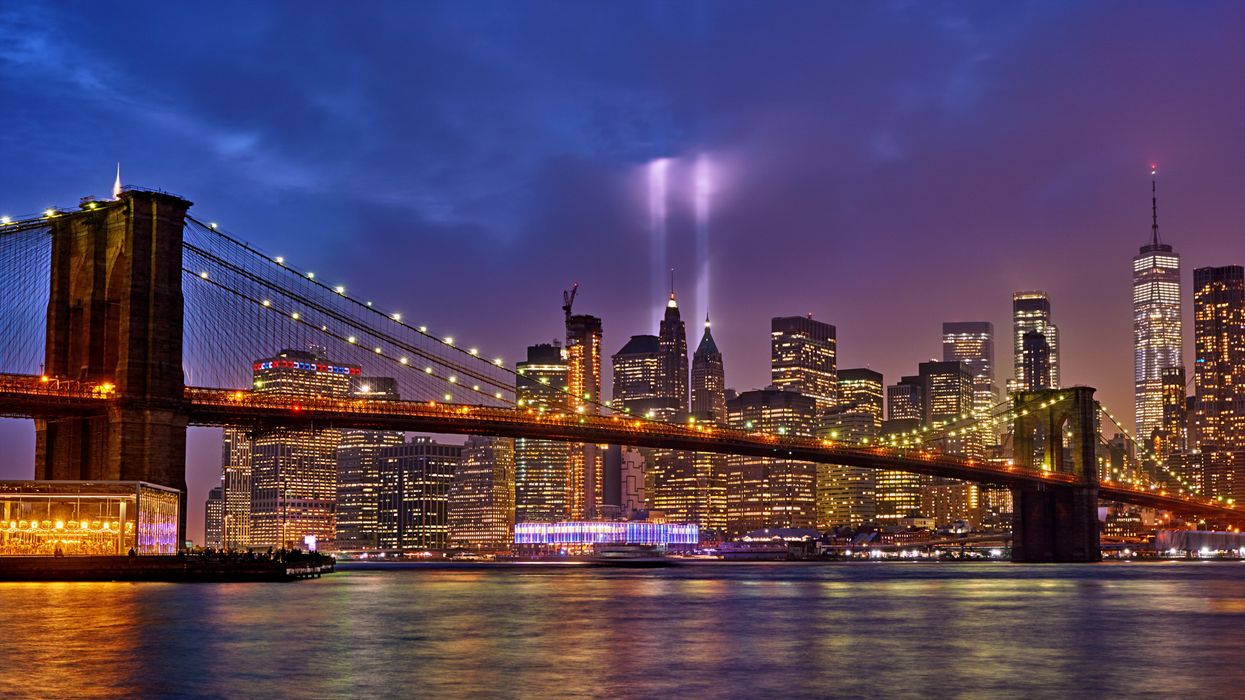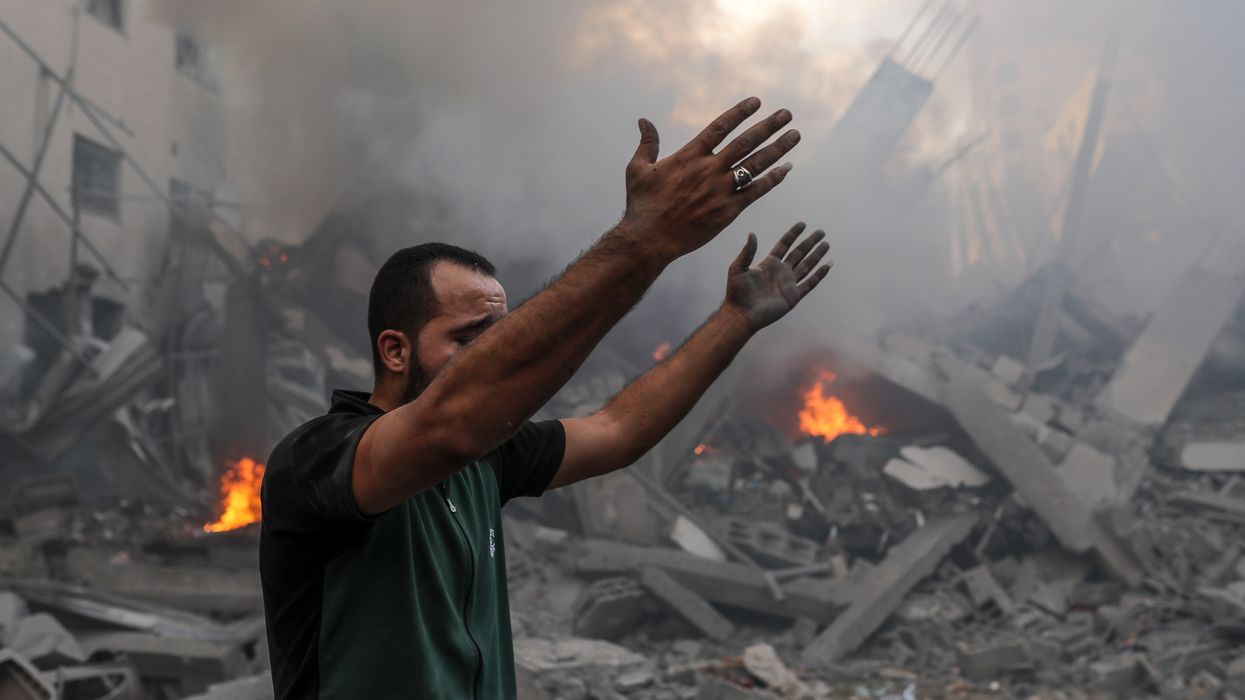Pentagon Repatriates Guantánamo Detainee Held Without Charge for Over Two Decades
The move came as the Biden administration faced pressure to clear the notorious military prison of all uncharged detainees before Donald Trump takes office.
The Biden administration announced late Monday that it transferred a Tunisian man who was never charged with a crime out of the notorious Guantánamo Bay military prison in Cuba, a move that came more than a decade after the detainee was approved for release.
The man, 59-year-old Ridah bin Saleh al-Yazidi, had been held at Guantánamo since the day former U.S. President George W. Bush opened the prison camp in 2002. The Pentagon said in a statement Monday that al-Yazidi has been repatriated to the government of Tunisia.
With al-Yazidi's transfer, there are now 26 detainees remaining at Guantánamo, the majority of whom have never been charged with a crime and have been approved for release from the prison, which United Nations experts have said is "defined by the systematic use of torture and other cruel, inhuman, or degrading treatment." More detainees have died at Guantánamo than have been convicted of a crime, according to the human rights group Reprieve.
The Biden administration said in 2021 that it intended to shutter the prison, and critics have accused the administration of "a lack of courage" as it has dragged its feet on the matter.
But human rights campaigners have welcomed recent progress. Al-Yazidi was the fourth Guantánamo detainee in two weeks to be transferred from the prison by the Biden administration, which has faced growing pressure to clear the camp of the remaining uncharged men before U.S. President-elect Donald Trump takes power next month.
"Fifteen men remain who have never been charged with any crimes and have long been cleared by U.S. security agencies to leave Guantánamo, some for more than a decade," Daphne Eviatar, director of the Security With Human Rights program at Amnesty International USA, said in a statement earlier this month after the Biden administration announced the transfer of three never-charged men out of the prison camp.
"President Biden must transfer these men before he leaves office, or he will continue to bear responsibility for the abhorrent practice of indefinite detention without charge or trial by the U.S. government," said Eviatar. "It has been 23 years; President Biden can, and must, put an end to this now."
The transfer was announced on the same day that a Pentagon appeals panel "upheld a military judge's finding that the plea deals in the September 11 case are valid, clearing the way at least for now for a guilty plea hearing next week with the accused mastermind of the attack, Khalid Shaikh Mohammed," The New York Times reported Monday. Mohammed is among the Guantánamo detainees who have been charged with a crime by a military commission.
"Col. Matthew N. McCall, the judge in the case, had ruled that Defense Secretary Lloyd J. Austin III acted too late and beyond the scope of his authority when he rescinded the three deals on August 2, two days after a senior Pentagon appointee had signed them," the Times reported. "Under the pretrial agreements, or PTAs, Mr. Mohammed and two co-defendants agreed to plead guilty to war crimes charges in exchange for life prison sentences rather than face a death-penalty trial."


